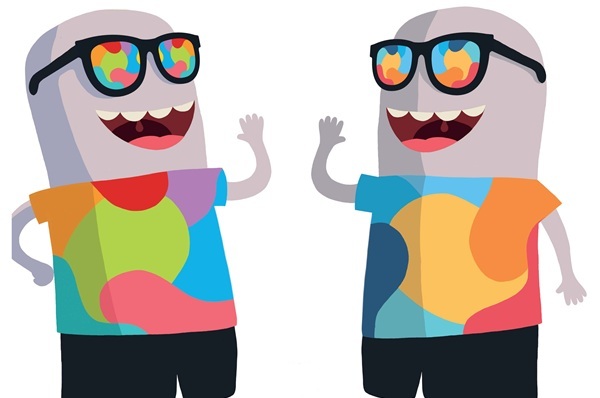Coloured Glasses – Manual for Intercultural & Global Citizenship Education

Various projects by YFU (Youth For Understanding) since 1996 have shaped the concept of Coloured Glasses workshops, which enable young people to examine their attitudes and behaviours in an intercultural society.
In the workshops, learners explore various themes through experiential non-formal education methods to develop their intercultural and global citizenship competences:
- Culture and identity
- Intercultural communication
- Stereotypes, prejudice, discrimination and inequality
- Human rights and social responsibility
The manual is a product of collaboration among YFU (Youth for Understanding) volunteers and staff in its international network, and explains in detail how to organise these workshops. The workshops are usually conducted by trained volunteers who interact with the students on a peer level.
The workshops can be conducted with school pupils and members of youth clubs and other relevant organisations, from the age of 11 to university level. The modular content can be adapted by facilitators according to the learning needs of the specific participants, and by teachers and schools to address their thematic priorities.
The name of the programme, ‘Coloured Glasses’, refers to the well-known analogy of sunglasses, which represent the cultural filters through which we observe and interpret reality. According to the experiences, encounters and characteristics that shape our identities, we all perceive the world differently through this filter – our Coloured Glasses.
Coloured Glasses workshops aim to make participants aware of this, to produce an understanding of how our assumptions can lead to prejudice and discriminatory behaviour, and to encourage positive action in their own communities.
“For me, Coloured Glasses means playfully and interactively introducing topics into the classroom that affect young people every day, but which many of them may not be so aware of or can put words to. With Coloured Glasses workshops, we offer impulses to encourage reflection about themselves, and respectful interaction with one another.”
Mareike Schwartz,
YFU volunteer and
Co-Author of the CG Manual 2016
The different sections of manual focus on:
- Educational methodology (non-formal education, learning styles and roles) and how to apply it in practice
- Guidance on how to plan, organise and evaluate workshops
- Concrete activities (including simulations, point-makers and models)
- Workshop examples and additional support materials
Further reading
Additional information
-
Education type:School Education
-
Evidence:N/A
-
Funding source:European funding, local funding, private funding
-
Intervention level:Universal
-
Intervention intensity:N/A
-
Participating countries:ArgentinaAustriaBulgariaChileDenmarkEstoniaFranceGermanyItalyMexicoParaguaySwedenTürkiye
-
Target audience:TeacherStudent TeacherHead Teacher / PrincipalSchool PsychologistTeacher EducatorParent / Guardian
-
Target audience ISCED:Lower secondary education (ISCED 2)Upper secondary education (ISCED 3)
